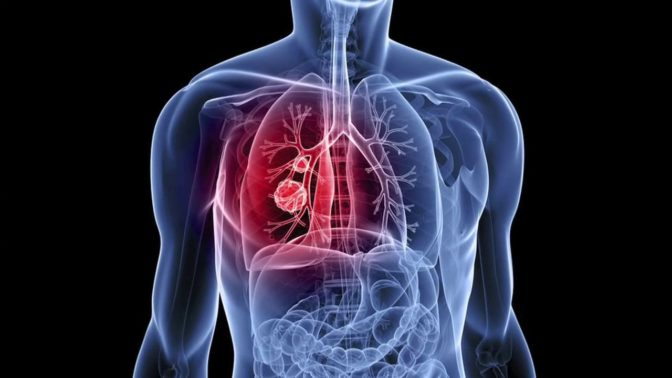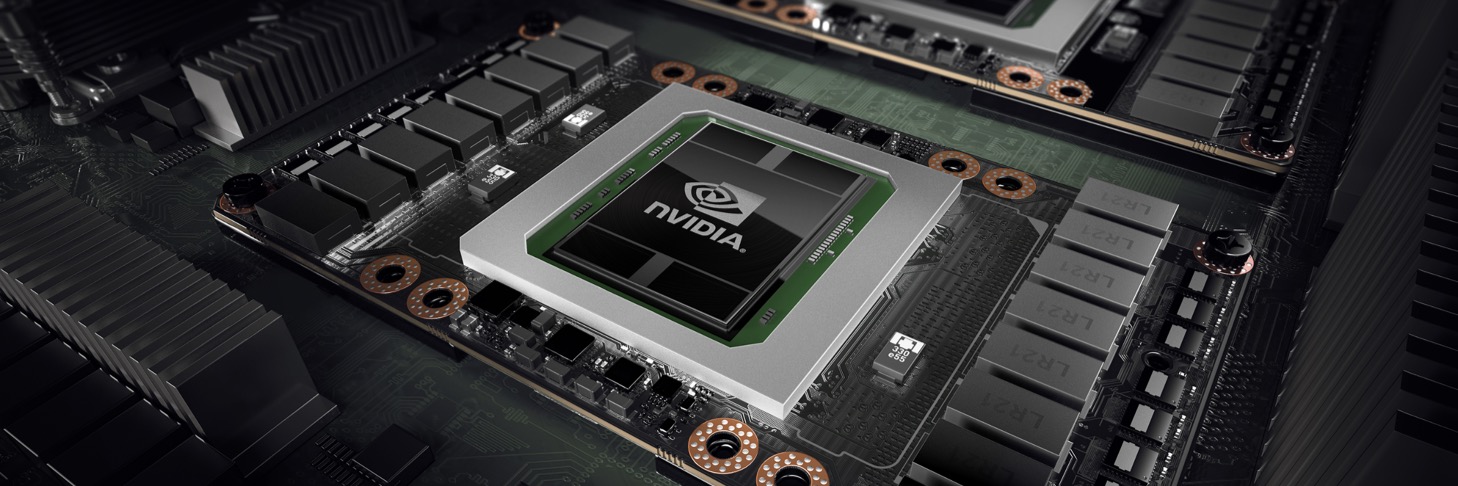Lung cancer is responsible for taking the lives of 1.6 million people per year. In nearly one third of cases, lung cancer is not detected until it is already in late stages where achieving remission is extremely rare. Future Processing is a Poland-based company using the fastest GPU acceleration technologies available to run neural networks that could improve diagnosis accuracy earlier.
Ordinarily, doctors look at the texturing and patterns of lesions on the lungs. Where facilities and equipment are available, imaging is performed using both CT and PET scans. A CT scan can cost up to $3,200 followed by another $6,000 for a PET scan. Once scans are complete, a specialist must examine the images to attempt to measure any lesions found. Follow up visits can require a patient to have more scans so that differences over time can be monitored.

Future Processing is helping to eliminate the need for humans to manually review scan results. Through the use of convolutional neural networks accelerated by Nvidia Tesla GPU accelerators, the images produced from a CT scan can be analyzed within minutes. This largely eliminates the need for PET scans when looking for lung cancer, saving enormous amounts of time and money.
During initial trials of the new technology, the new methodology of detecting lung cancer has reduced false positives greatly. When no active lesions were found using CT scans, the error rate dropped from 90.14% all the way down to 6.6%. Future Processing plans to continue to develop their technology and is exploring how this can be applied to other forms of cancer.
